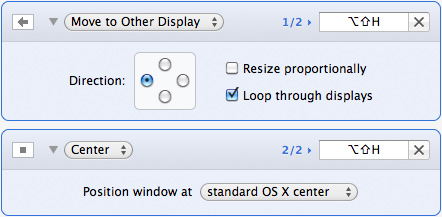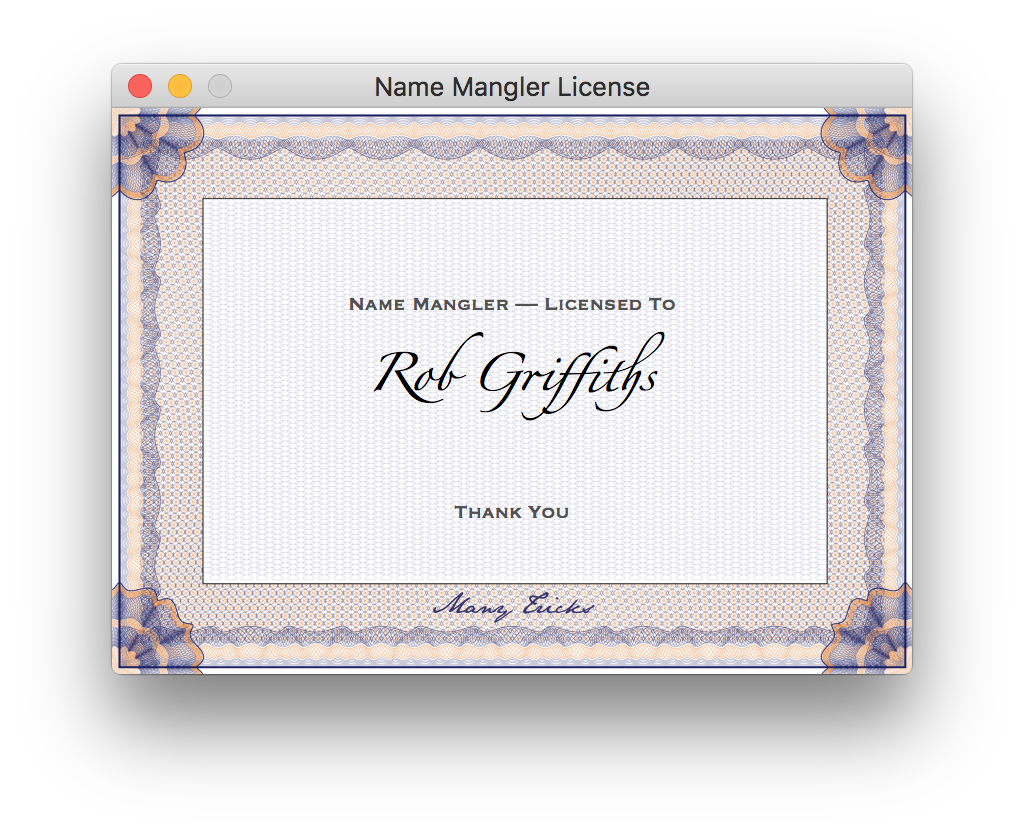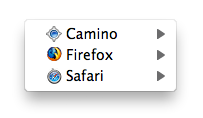Moom 2.4.1 and Witch 3.9 were released this morning, for both direct and App Store customers.
The big news in Witch 3.9 is the Font pop-up menu on the Behavior tab of Witch’s settings panel/window. This is our solution to the “fat font” problem introduced (thanks to Xcode) in Witch 3.8.
Click the Font pop-up menu—and be patient; the first load will take a few seconds—and you can then choose any font on your system for use in the switcher panel. I’m partial to Eurostile, but pick the one you prefer.

The use of Webdings is not advised, unless you’re a fluent reader of Webdings.
You can read about the rest of the changes in Witch 3.9 on the release notes page.
Moom 2.4.1 isn’t as big of an update in terms of eye-catching new features. We did, however, make Moom (and Witch, for that matter) work much better with the virtual keyboard apps Synergy and Teleport (and our own Butler). We’ve also made some changes to how Moom interacts with additional displays; we think it’s now ever smarter than it was. You can find all the changes on Moom’s release notes page.
Both apps can be updated within the app or by downloading a new copy from our site (for direct customers), or via the App Store’s Updates tab (App store customers).
 Many Tricks
Many Tricks



